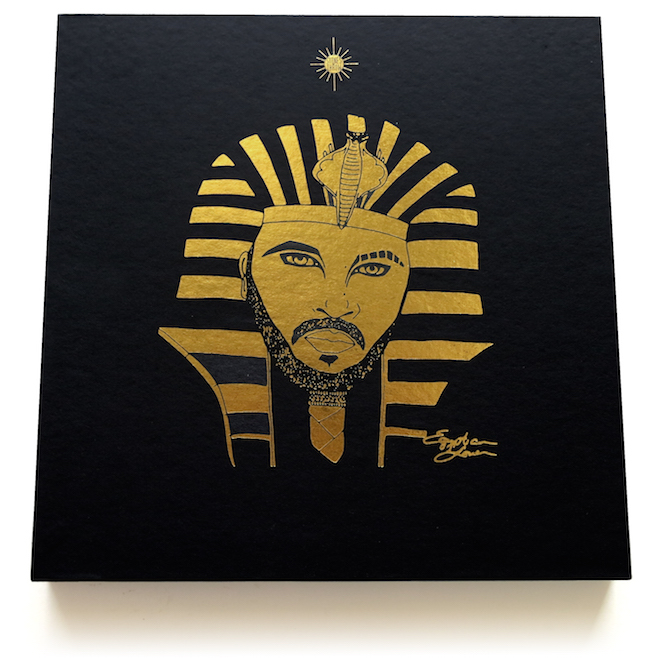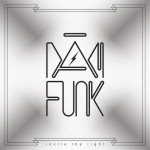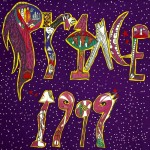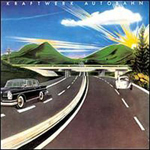Egyptian Lover : 1983-1988

The 1984 release of Egyptian Lover‘s “I Cry (Night After Night)” represented a turning point in hip-hop. At the time it didn’t make that public of a splash—the song never charted, overshadowed by the electro party anthem “Egypt, Egypt”—but Greg Broussard’s sad-sack lament of break-up mourning brought an unabashed sensitivity to the still-young rap climate that had few kindred spirits amid a climate of disco-friendly electro and burgeoning hardcore rap a la Schoolly D, save for perhaps Prince (there’s even a great guitar solo!). More than 30 years later, it seems oddly prescient. The hip-hop climate of 2016 is at once diaristic and robotic, with the filter of Auto-Tune providing a safe space for the wounded lyrics of Future and Kanye West. It’s possible that 808s and Heartbreak and “Hotline Bling” would have happened anyway, but I’m not one to speculate whether hurricanes are born of butterflies that don’t flap their wings.
Egyptian Lover’s vision and scope weren’t limited to opening a wound over his Roland presents. As the Stones Throw-released compilation 1983-1988 displays over more than two hours of Bambaataa-style beats and pocket calculator melodies, Egyptian Lover’s ’80s-era output exists in a weird middle ground between rap, R&B (particularly freestyle) and electronic club music, the foundation of which provided Broussard with a broad canvas over which to explore the various facets of his loverman persona. Yet before he released any tracks under his own name, Broussard was already an integral part of the L.A. hip-hop scene, DJing with Uncle Jamm’s Army (which also featured a young Ice-T) and filling venues as large as the 10,000-capacity L.A. Sports Arena. He had the skills, he just needed to develop the personality.
That personality is what drives “Egypt, Egypt,” Egyptian Lover’s biggest hit and best roundup of hooks. It’s all 808 pulse, Kraftwerk-style synth and sex-obsessed sketches of fantasy: “Gimme a freaky, kinky nation with a total female population.” It’s a hell of an electro track, for sure, no matter how high the camp value—and there is a lot of camp value (there’s a “Streets of Cairo” breakdown for chrissakes). As the Lover goes, however, the material certainly gets raunchier: “Dial-a-Freak” juxtaposes synth twinkle with the sound of orgasmic moaning and Broussard’s boasts of bedding “one hundred chicks per week,” while “Freak-a-Holic” (the second of three songs with “freak” in the title) tones down the overt carnality in favor of what almost sounds like a pathological condition: “I’m kind of desperate so let’s get it on.”
Juxtaposed with Egyptian Lover’s chest-puffing sex jams and rare moments of emotional breakdown on 1983-1988 are a sizable number of turntable-driven beat tracks, from the twisted effects and synth blare of “Spray It Super AJ” to the fun-on-the-wheels-of-steel session, “Ultimate Scratch.” More melodically interesting are “Electronic Encounter” and “Computer Love,” which extend from similar ideas into atmospheric beatscape realms, the likes of which have spiritual successors in the sort of kaleidoscopic and psychedelic compositions being made by contemporary L.A. beat scene maestros such as Flying Lotus or Gaslamp Killer. The latter, in particular, feels oddly contemporary or, at the time, futuristic—it’s Blade Runner gone sexy.
Egyptian Lover sometimes took his persona well over the top—he played up the Egyptian angle almost to the point of caricature, with an ever-present Nile backdrop and the occasional camel ride. Likewise, the sexual identity silliness of “The Alezby Inn” (say it out loud) feels dated in its outlook, if not necessarily that offensive. The magic that Broussard conjures up in the form of vintage electro productions, however, are enduring in their skeletal sumptuousness. “My House (On the Nile)” and “Voices,” the latter a non-album track, display some of Egyptian Lover’s stronger songwriting, in addition to the kind of atmosphere you’d never want to escape. While there’s a track here or there on 1983-1988 that feels out of place in 2016, what’s remarkable is how much of it still not only sounds good but feels relevant. On an academic level you can step back and marvel at Egyptian Lover’s music for being the Rosetta Stone that unlocked the gates between hip-hop, electronic innovation and emotional sensitivity. Or you could just listen to it and recognize it for what it is: Intoxicating.
Similar Albums:
 Dâm-Funk – Invite the Light
Dâm-Funk – Invite the Light
 Prince – 1999
Prince – 1999
 Kraftwerk – Autobahn
Kraftwerk – Autobahn
Jeff Terich is the founder and editor of Treble. He's been writing about music for 20 years and has been published at American Songwriter, Bandcamp Daily, Reverb, Spin, Stereogum, uDiscoverMusic, VinylMePlease and some others that he's forgetting right now. He's still not tired of it.

